The United States' preliminary decision to impose anti-dumping tariffs of up to 271 percent on solar products from four Southeast Asian countries could significantly raise procurement costs for U.S. companies and squeeze profit margins for its downstream businesses, aside from impacting Southeast Asian production and exports, said analysts on Monday.
Many leading Chinese solar companies that previously established factories in the four Southeast Asian countries are now actively seeking new sites for localized production. Yet, experts noted the Southeast Asian market still has potential for silicon wafer and cell exports to the U.S., as the U.S. lacks the capability of quickly setting up production, though modules' exports might be restricted.
A report from Eastmoney Securities indicates that after the tariffs are implemented, the competitive advantage of the four Southeast Asian countries in exporting to the U.S. will be significantly weakened, to the point where they may even lose the ability to export to that country for some products. Meanwhile, with subsidy support from the U.S.' Inflation Reduction Act, its domestic solar component production capacity will rapidly increase.
Several top Chinese manufacturers like JA Solar and Jinko Solar had already initiated moves to build factories in the U.S.
On Friday, China's Ministry of Commerce expressed concerns over the U.S. tendency to turn trade remedy investigations into political tools and suggested that the investigation's results were predetermined.
Tan Youru, a solar analyst at research provider BloombergNEF, said: "While the U.S. has established some module packaging capacity locally through the IRA, however, most U.S.-manufactured crystalline silicon solar modules still use imported cells. Despite substantial subsidies to attract upstream solar manufacturing, few well-known companies are planning to produce silicon wafers and cells in the U.S.."
Lin Boqiang, head of the China Institute for Studies in Energy Policy at Xiamen University, pointed out that unlike solar module manufacturing, which can be quickly expanded through investments, solar cell and silicon wafer manufacturing involve complex technological inputs, presenting challenges for rapid expansion.
Sun Lei, a senior partner of trade remedies practice at law firm DENTONS, noted: "To meet U.S. renewable energy goals and boost solar installations, the U.S. will continue to require imported equipment. Ultimately, this will increase procurement costs domestically, further reducing profit margins for purchasers or the purchasers may pass on these increased costs downstream."












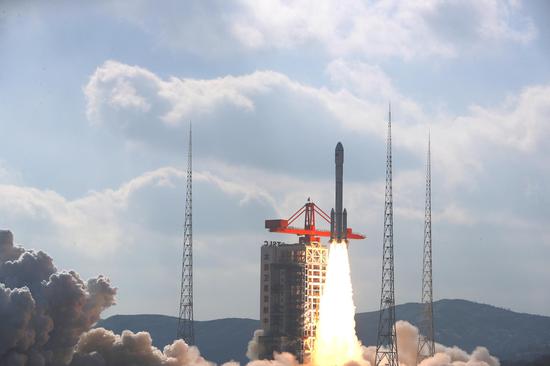



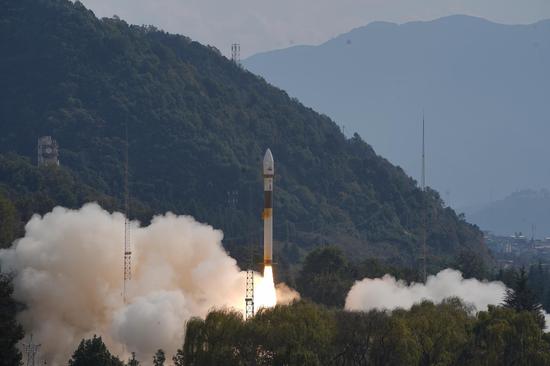
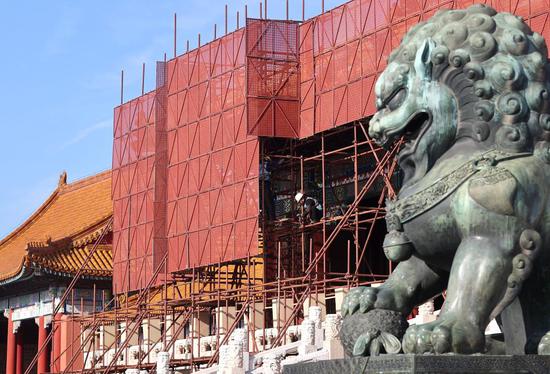



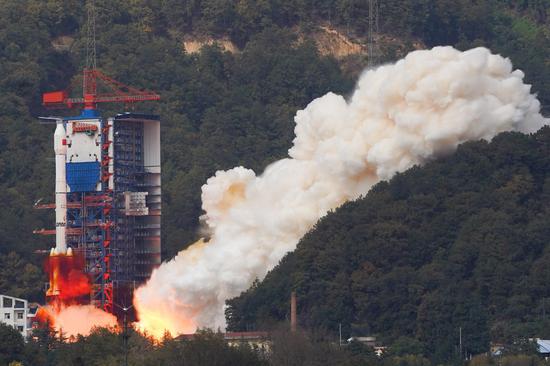
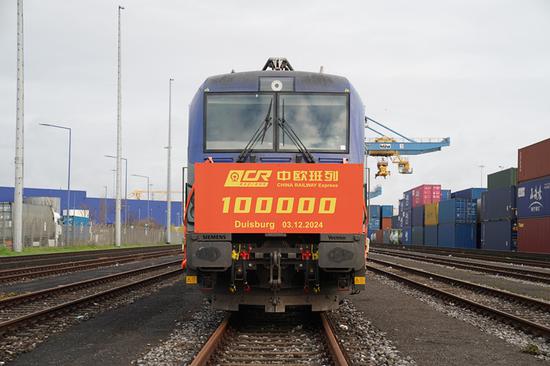
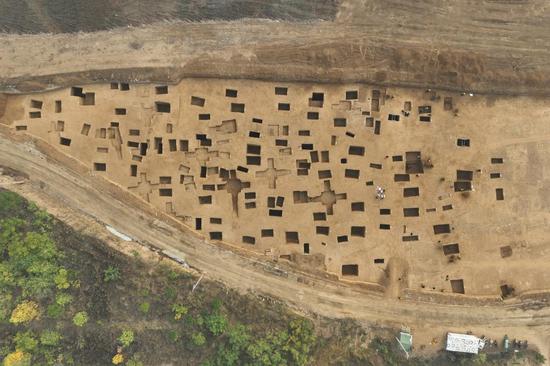
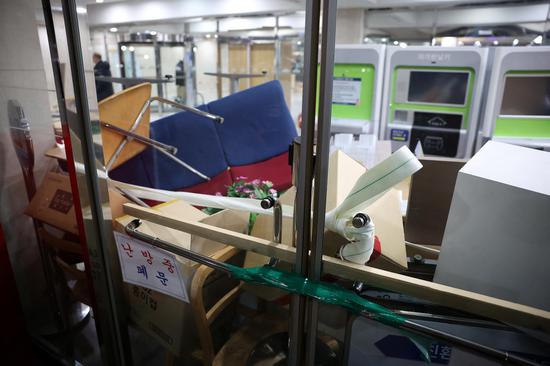




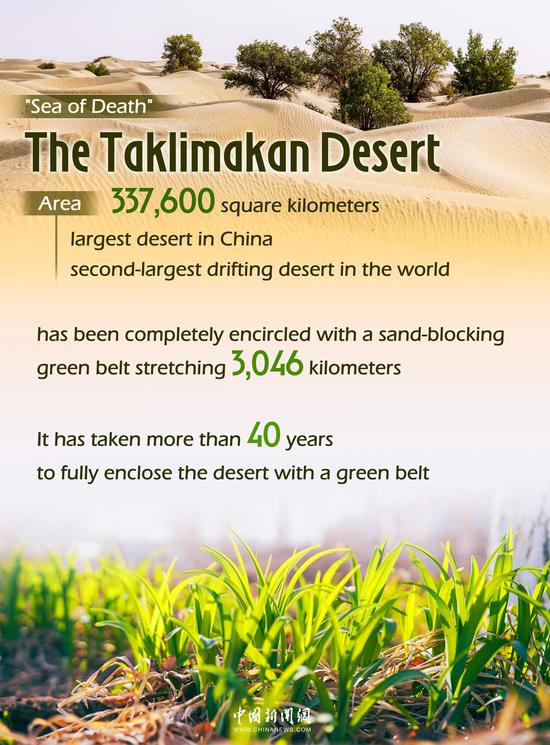



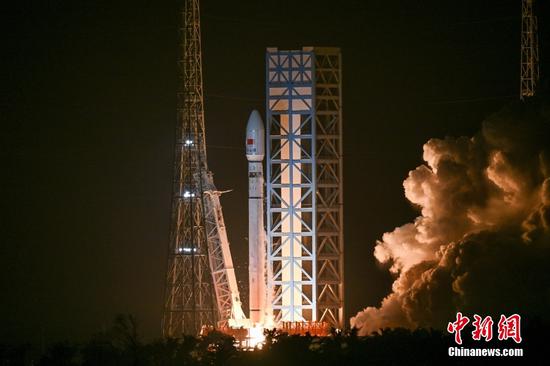



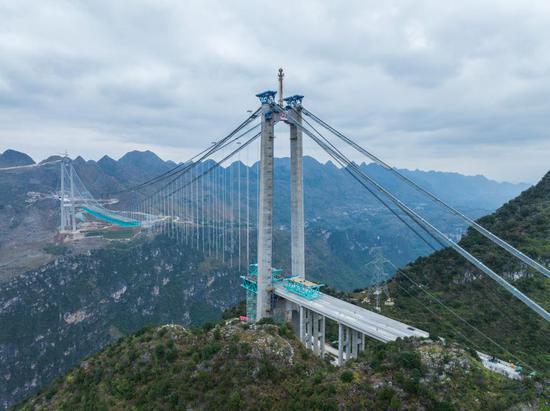

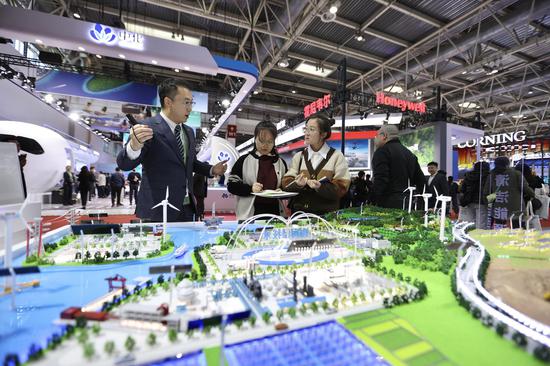
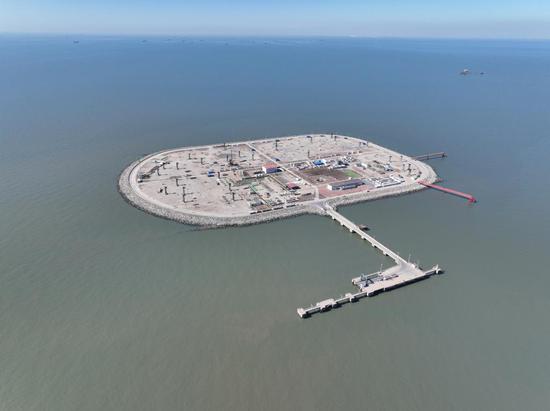

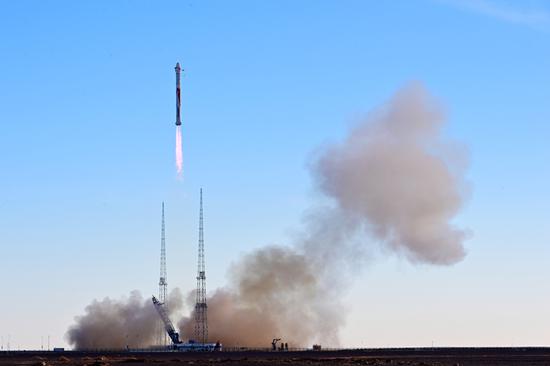
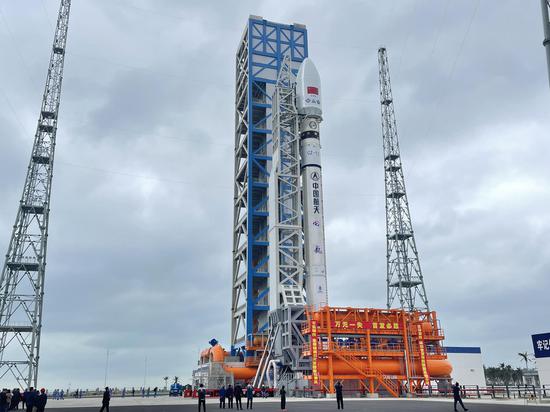
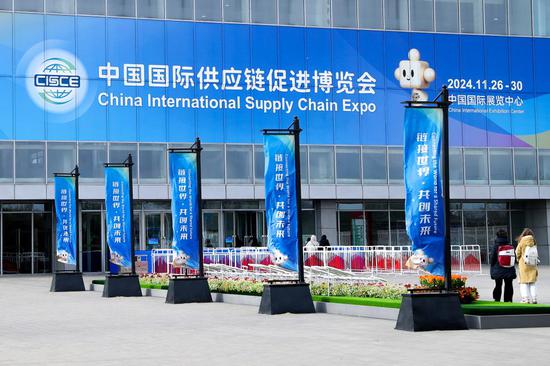



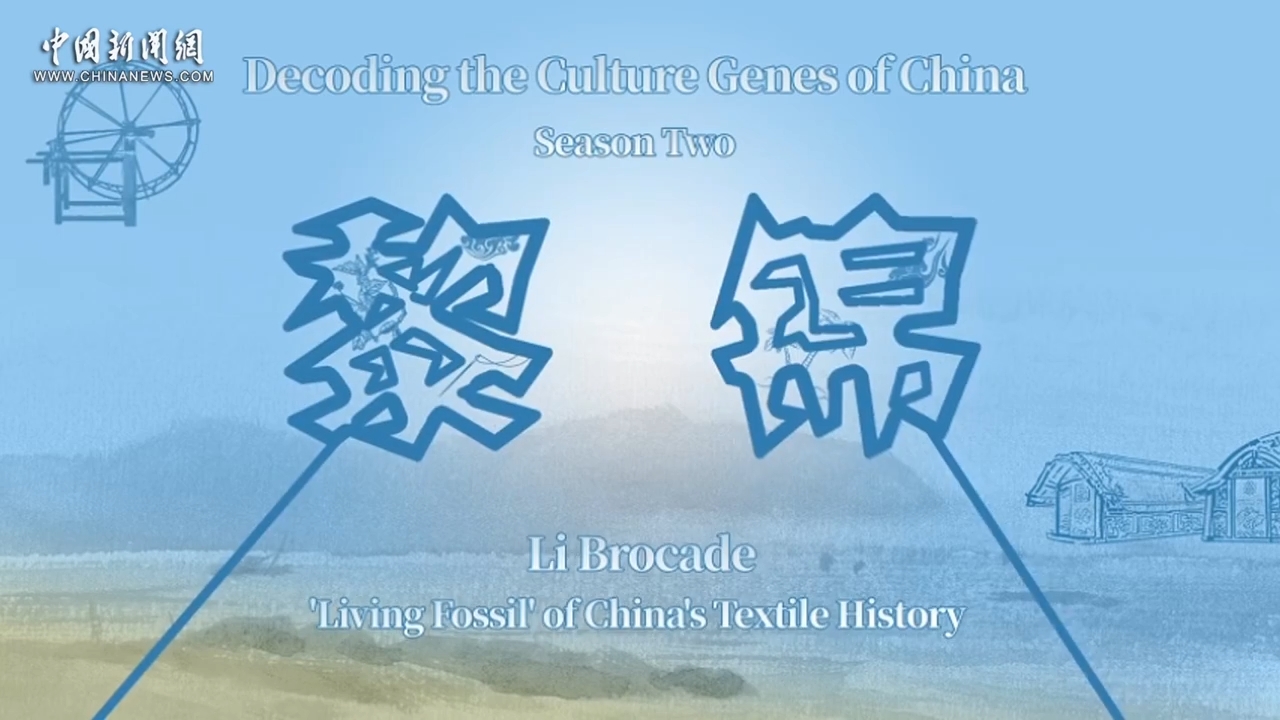

 京公網安備 11010202009201號
京公網安備 11010202009201號